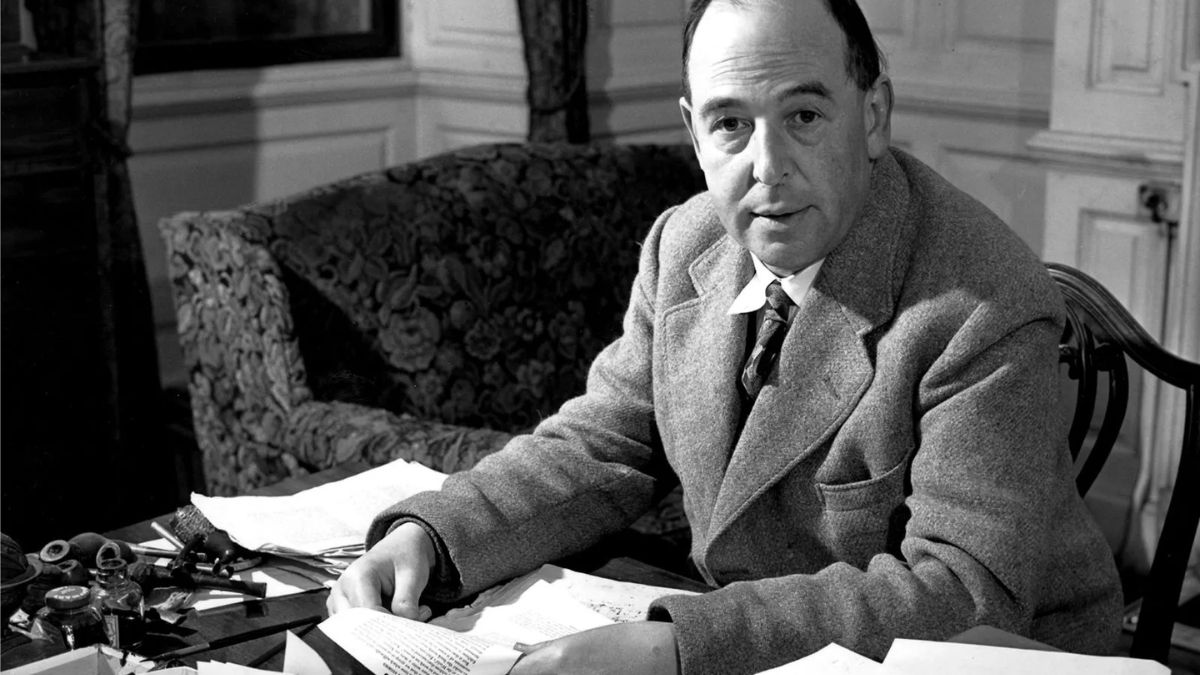

BreakPoint
A Dangerous Compromise
If you were asked what you would call a person who believes in astrology, reincarnation, and the possibility of communicating with the dead, your answer would probably be a "New Ager." Well, according to a new book, these are just some of the beliefs held by people who call themselves "born again Christians"—which goes to show that simply calling yourself "born again" doesn't make it so. In his book, Spiritual Marketplace, sociologist Wade Clark Roof chronicles the shift in religious attitudes in contemporary America. Roof finds that, as a result of the Baby Boomer "quest culture," many Americans understand religious faith as some sort of emotional personal experience, which they describe as "spiritual." And all sorts of strange beliefs can fit under that heading. By describing themselves as "spiritual" rather than "religious," these people tell us a lot. The word "religion," you see, comes from the Latin word for "to bind." But boomer spirituality distrusts authority and dismisses the importance of belonging to a particular church or denomination. Their emphasis on being spiritual carries with it a syncretistic approach to belief—meaning that, instead of adhering to a specific set of doctrines, they feel free to pick-and-choose from all the various belief systems, or to create their own tailor-made religion. Unfortunately, syncretism has found its way into evangelical circles, as well. Roof says that many people who describe themselves as "born again Christians" actually hold beliefs that are at odds with biblical Christianity. Some 25 percent of those interviewed in Roof's study believe in the possibility of communicating with the dead. A third of them believe in reincarnation and astrology; and, half say they believe in psychic powers. Moreover, half said, "the various religions of the world are 'equally good and true.'" This prompted Roof to characterize this brand of so-called born-again Christianity as "markedly different" from earlier varieties. Or as columnist Terry Mattingly puts it "born again... doesn't mean what it used to mean." It also tells us that polls of born-again voters can be very misleading. Actually, it's not that born-again Christianity has changed. It's that Roof's subjects, like many of those who claim to be born-again Christians, actually practice an entirely different faith. The situation described by Roof is analogous to the circumstances confronted in the '20s and '30s by theologian Gresham Machem. Liberal theologians had introduced new doctrines and ideas into the Church, often claiming biblical warrant for these ideas. As a result, many people were confused by these teachings. In his classic book, Christianity & Liberalism, Machem showed that while these ideas might be attractive, they weren't Christianity. In the same way, while the mixture of Christianity and other religions may suit the spirit of our age, it simply isn't born-again Christianity. We need to remind people lovingly that Christianity is more than a spiritual experience. It's a worldview—a set of beliefs about the God who acted in history, belief that has been revealed through Scripture and transmitted by our 2,000-year-old heritage of Western Civilization. It is these beliefs, and not our "spiritual" feelings, that define what it means to be a Christian—no matter what the spirit of the age may tell us.
03/30/00















